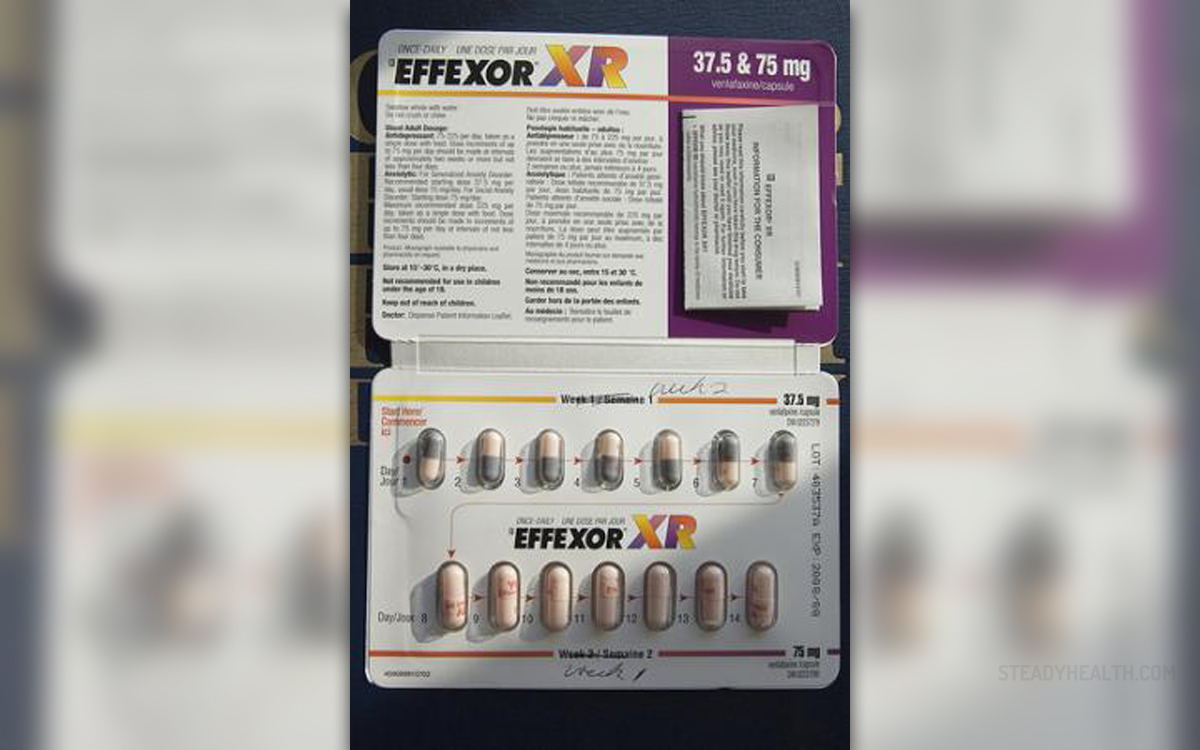
Venlafaxine (Effexor, Effexor XR) is an anti-depression and anti-anxietymedication. The drug is affecting the pain (increasing the pain tolerance) andit might be used to treat clinical neuropathic pain.
The most common side effects of venlafaxine are gastrointestinalproblems: nausea, vomiting, diarrhea or constipation, anorexia, abdominal painand flatulence. The medication affects the nervous system, causingboth therapeutic and side effects. Patients frequently report dizziness,tiredness, sleeping problems, nervousness, anxiety, depression and decreasedlibido. Sometimes, venlafaxine might cause seizures, and the manufacturerrecommends stopping the therapy in those patients. Antidepressants (includingvenlafaxine) often affect the sleep, causing sleep abnormalities. Patients mayexperience insomnia, somnolence, abnormal dreams or other sleep issues. Respiratory side effects are quite common and they include casesof pharyngitis, sinusitis and yawning, and rarely pneumonitis .
Venlafaxine is known to elevate the blood pressure,resulting in hypertension, and the condition is dose dependant. The medicationincreases the heart beat and pulse rate and may lead to cardio- andcerebro-vascular conditions. In regular therapeutic doses the use of this medicationmight lead to angina pectoris, angioedema, bradycardia, hypotension,arrhythmias, cerebral ischemia, cold feet or hands, and to severe heartproblems, including infarction, coronary artery disease, congestive heartfailure, heart arrest, etc. Many venlafaxine patients experience sweating, and someacne, contact dermatitis, pruritus, rash and redness of the skin, eczema,striae and some other skin problems. Patients treated with venlafaxine often report abnormalbleeding, usually ecchymosis (bruises). Alopecia (hair loss) is one of the known side effects of thisdrug, and the condition is reversible. New hair starts 2 to 4 weeks after thestop of venlafaxine.
Use of venlafaxine is affecting male and female sexualfunction, and is connected to the both increased and decreased libido, abnormalejaculation, impotence and abnormal female orgasm. Asthenia (body weakness) is often reported in treatedpatients, and also headache, flu syndrome and some accidental injuries. The most severe muscular problem connected to venlafaxine isrhabdomyolysis. Psychiatric side effects could be hallucinations,mania, delusions, pschysosis or suicidal and homicidal ideas, depression orparanoid reactions. Ocular side effects are rare, most common are blurred visionand angle-closure glaucoma. Venlafaxine is known to affect the body weight. Some of thepatients lose and other gain weight, during the treatment. The medication mightbe the reason for some metabolic changes, increase of cholesterol, lipids,enzymes in the blood and increase or decrease of blood sugar. Use of this drug is connected to the toxic hepatitis and itmay have some effects to the endocrine system, causing galactorrhea andaffecting the thyroid hormones.
In cases of overdose venlafaxine causes hypertension,tachycardia, mydriasis and transient arrhythmia.
If the medication is stopped suddenly there is a greatchance that the patient would develop withdrawal symptoms. Severity of symptomsdepends on the dose and length of the venlafaxine treatment and those usuallyincludes headache, sweating, nausea, vomiting, diarrhea, tremor, agitation,anxiety. Symptoms usually last up to 48 hours after the last dose ofvenlafaxine and are improved once the therapy continues.


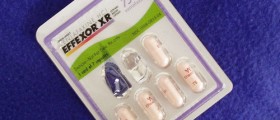



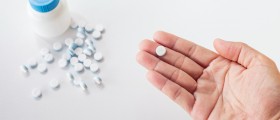




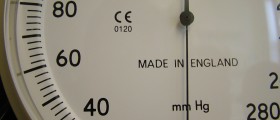



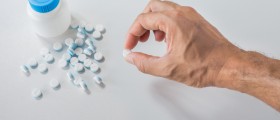
Your thoughts on this
Loading...